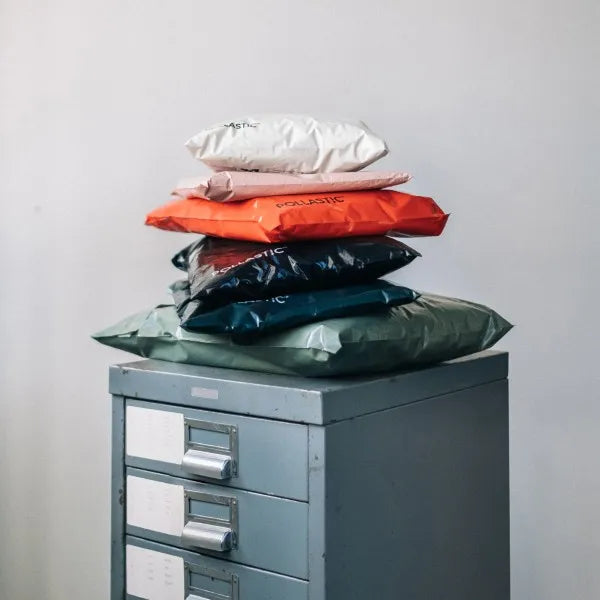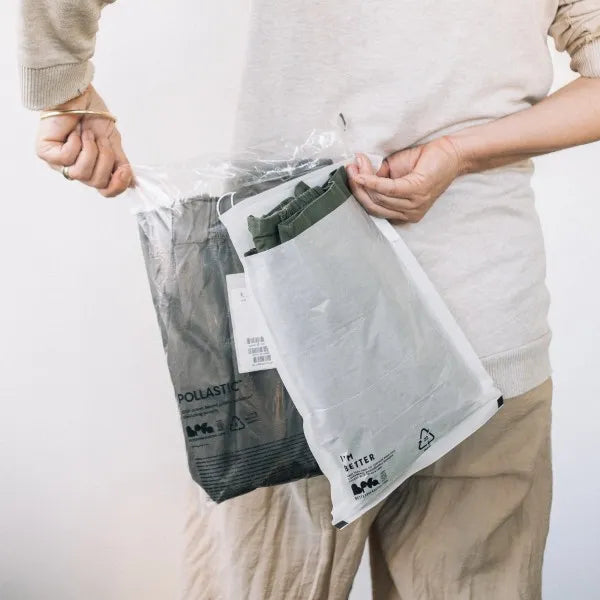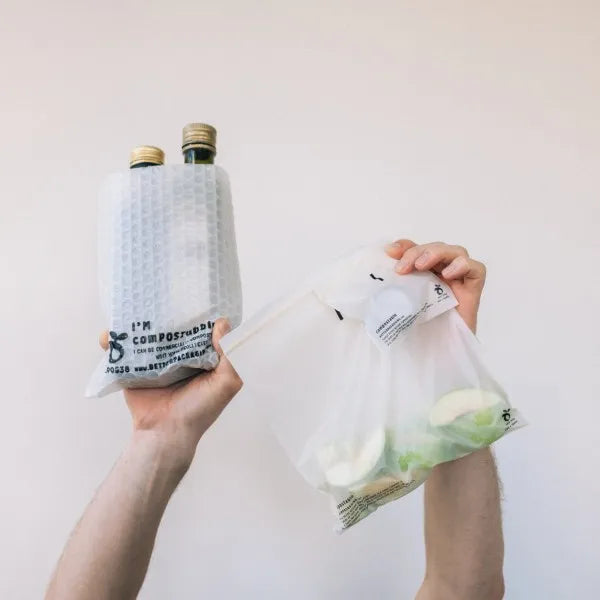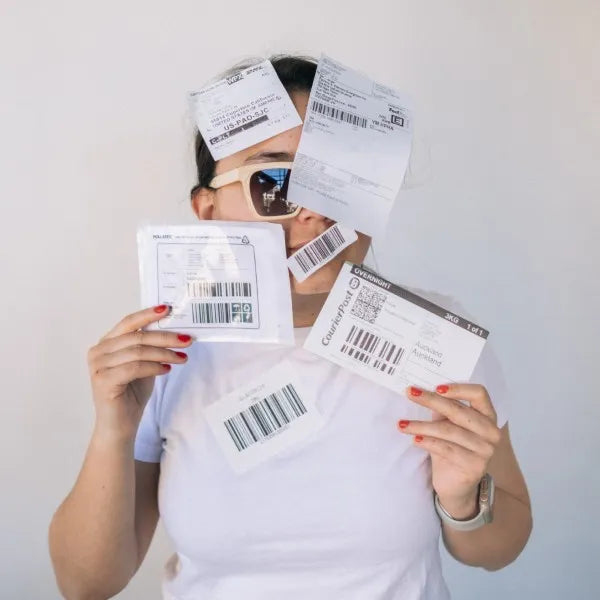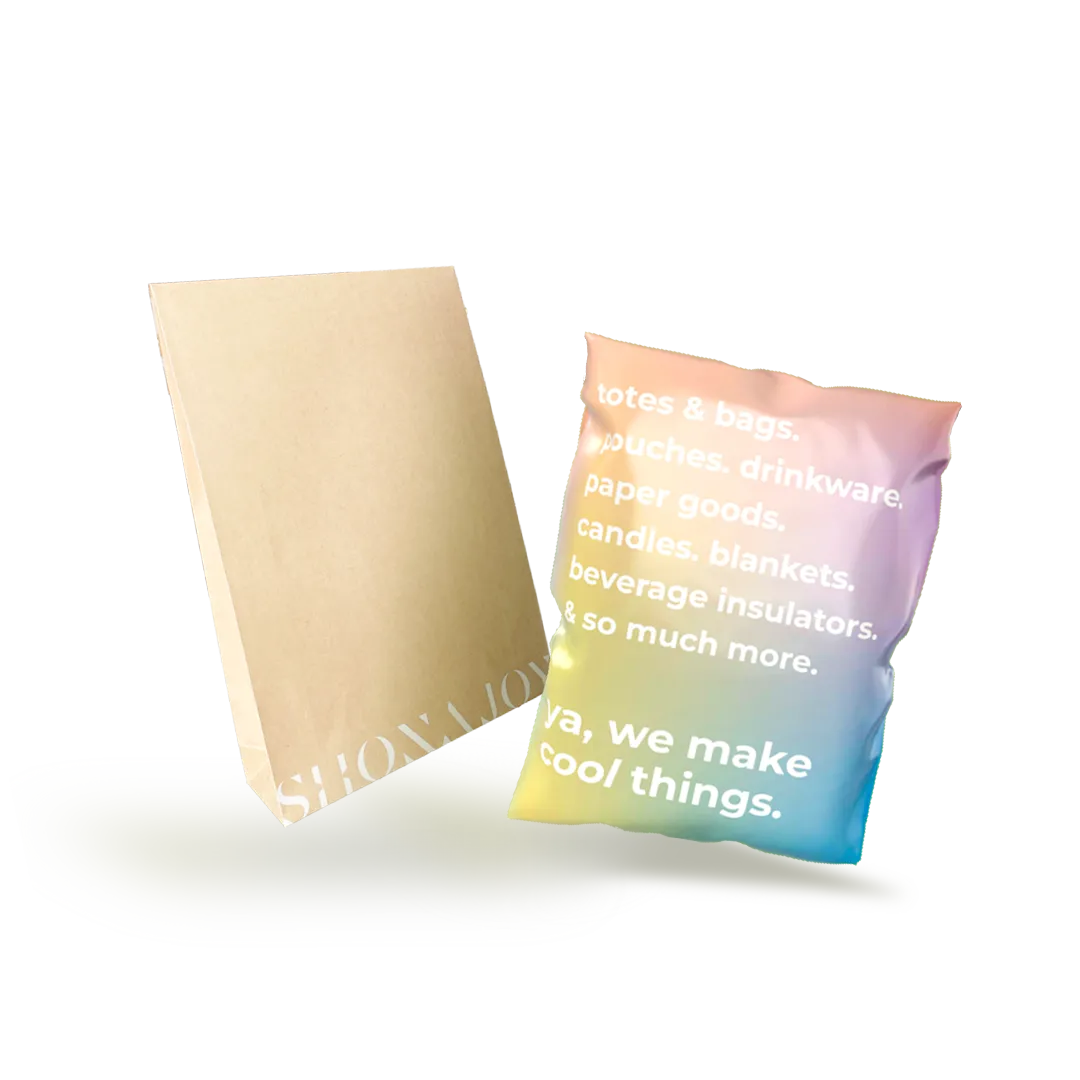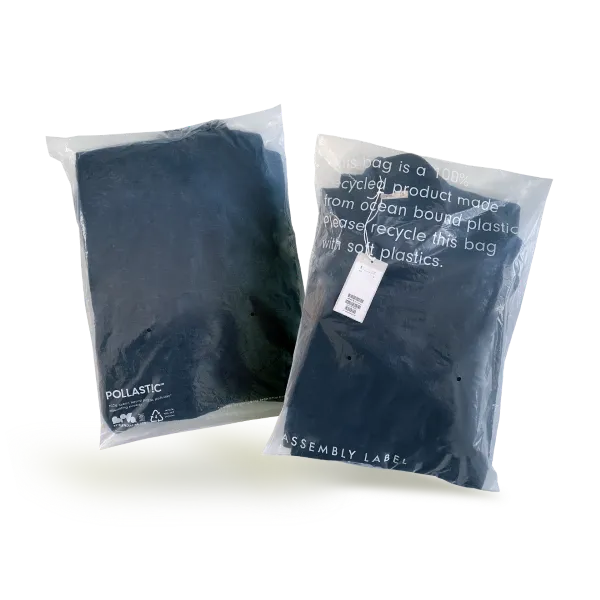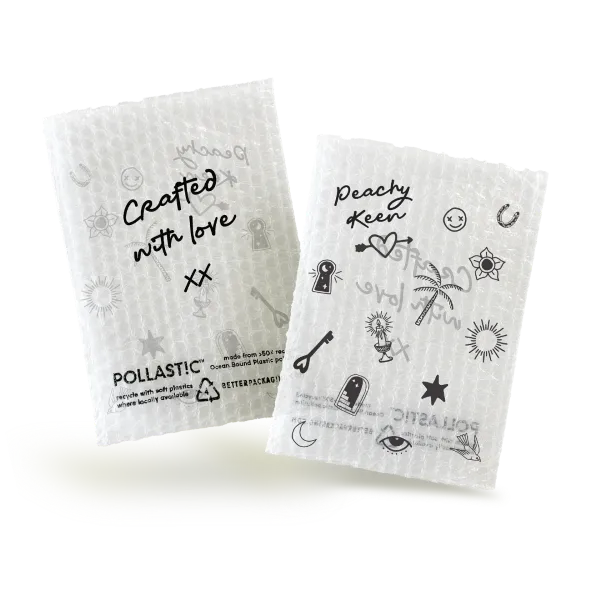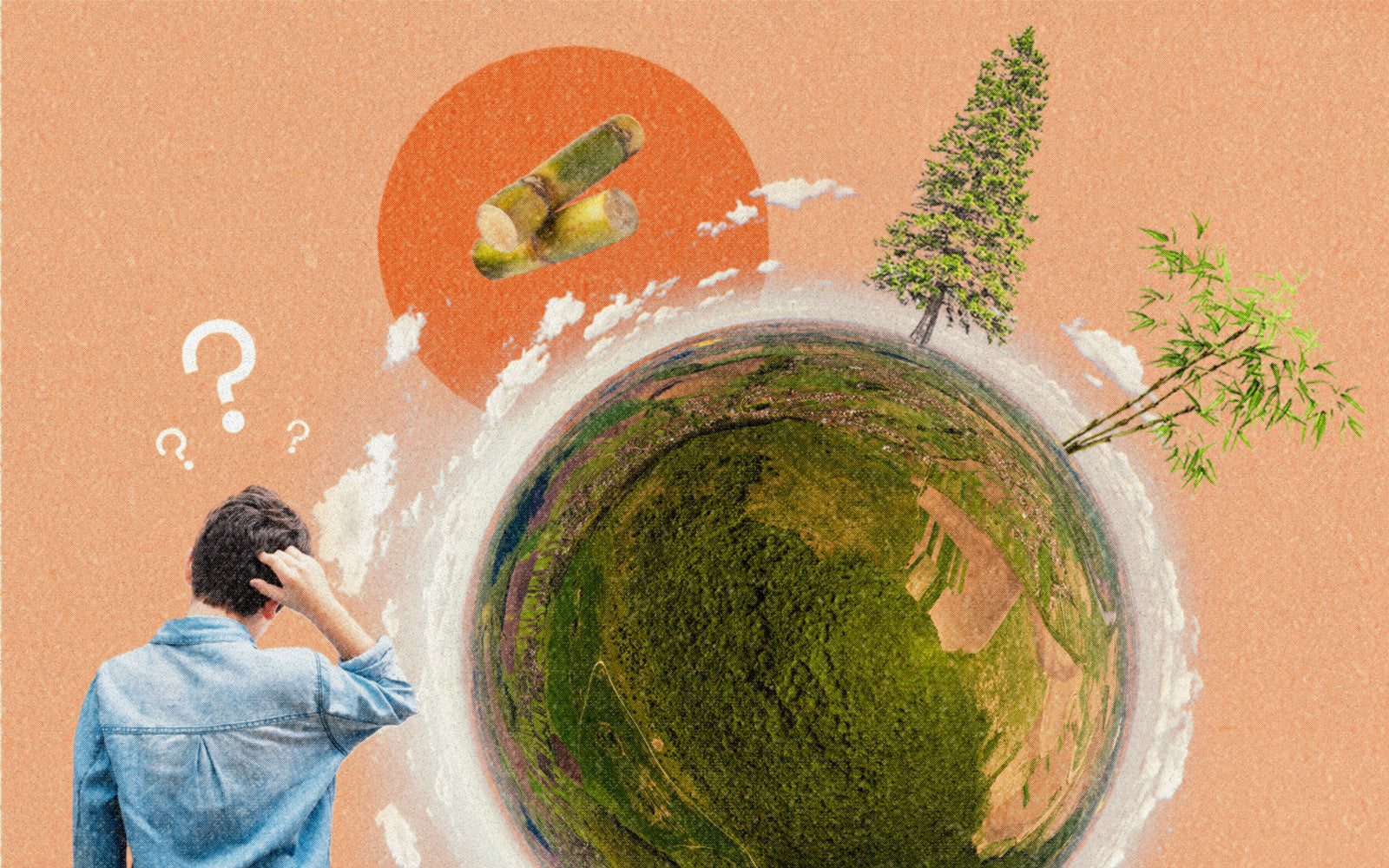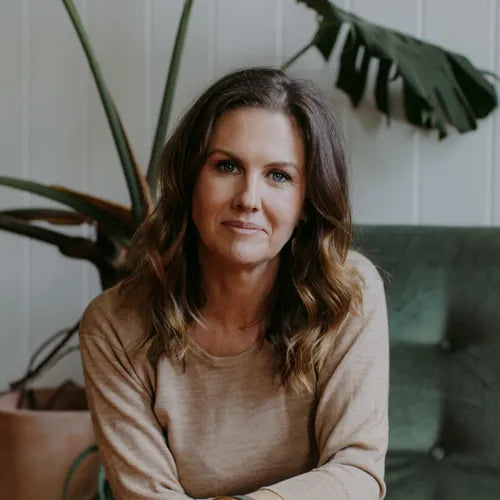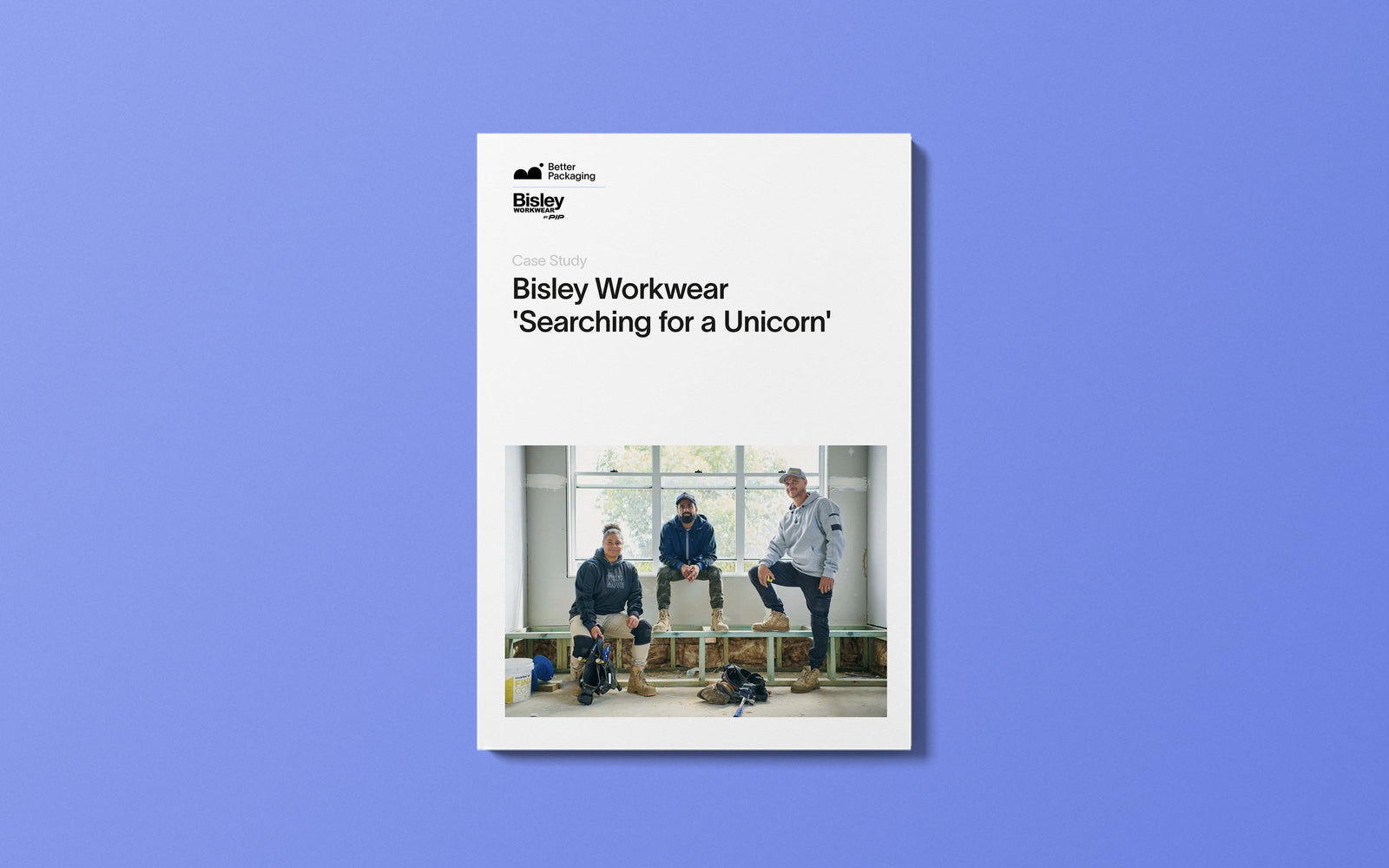What is a Renewable Resource?
A renewable resource is a natural material that regenerates within a short period (typically months or years) making it suitable for continuous use without depletion. In packaging, this includes plant-based materials like bamboo, bagasse, and hemp. Unlike fossil fuels or metals, which take millions of years to form, renewable resources regenerate through natural cycles - often within a human lifespan or less. An example of a non-renewable resource is new, virgin plastic which originates from petroleum. It is 'non-renewable' because once feedstocks of petroleum are used up, there is no more. Once it's gone, it's gone and can't be replenished.
Why Renewability Matters in Packaging
Renewable materials help reduce carbon emissions (absorbing CO₂ and releasing oxygen as they grow), support sustainable supply chains, and align with eco-conscious consumer values. Brands using rapidly renewable material will enjoy improved environmental credentials and importantly, reduce their long-term resource risk.
Bamboo – The Fastest Growing Renewable Material
- As a 'grass' bamboo grows up to 90 cm/day
- Harvested every 3–5 years
- Requires minimal inputs (water, fertilisers and pesticides)
- Acts as a carbon sink, typically absorbing more CO₂ during growth than trees
Bagasse – Turning Waste into Worth
- Byproduct of sugarcane juice extraction - a waste stream
- Aligns with circular economy principles
- Matures in 9–24 months
- Compostable and biodegradable
Renewability Exists on a Spectrum
Here’s where things get nuanced. Not all renewable materials are equally renewable. There is a scale of renewability, largely based on how quickly a resource regenerates and how sustainably it is harvested.
- Rapidly renewable materials can be regrown within months or a few years.
- Moderately renewable resources may take decades.
- Slowly renewable materials, while still technically renewable, can take a century or more to replenish—raising questions about their sustainability when used at industrial scale.
Understanding this spectrum helps businesses make better packaging decisions that reduce environmental impact over the long term.
| Material | Time to Regrow | Renewability Level |
| Bamboo | 3–5 years | Rapid |
| Bagasse | <1 year | Rapid |
| Timber | 20–80 years | Moderate |
| Petroleum/Plastic | Millions of years | Non-renewable |
Choose Packaging with a Future
Sustainable packaging isn’t just about using materials that break down at the end of their life - it’s about where they come from and how often they can be renewed. Choosing materials that:
- Grow fast
- Require few inputs
- Regrow without harming ecosystems
…means lower carbon footprints, more resilient supply chains, and packaging that fits within planetary boundaries.
Key Takeaways
-
- A renewable resource is one that naturally regenerates in a short time frame.
- Renewability exists on a spectrum—not all renewable materials are created equal.
- Bamboo and bagasse are rapidly renewable, making them excellent choices for sustainable packaging.
- Consider not just the end-of-life of packaging, but its beginning-of-life too.
Ready to Make Sustainable Choices?
At Better Packaging, we are committed to providing sustainable packaging solutions backed by data. Discuss your sustainable packaging requirements with an expert from our team.


